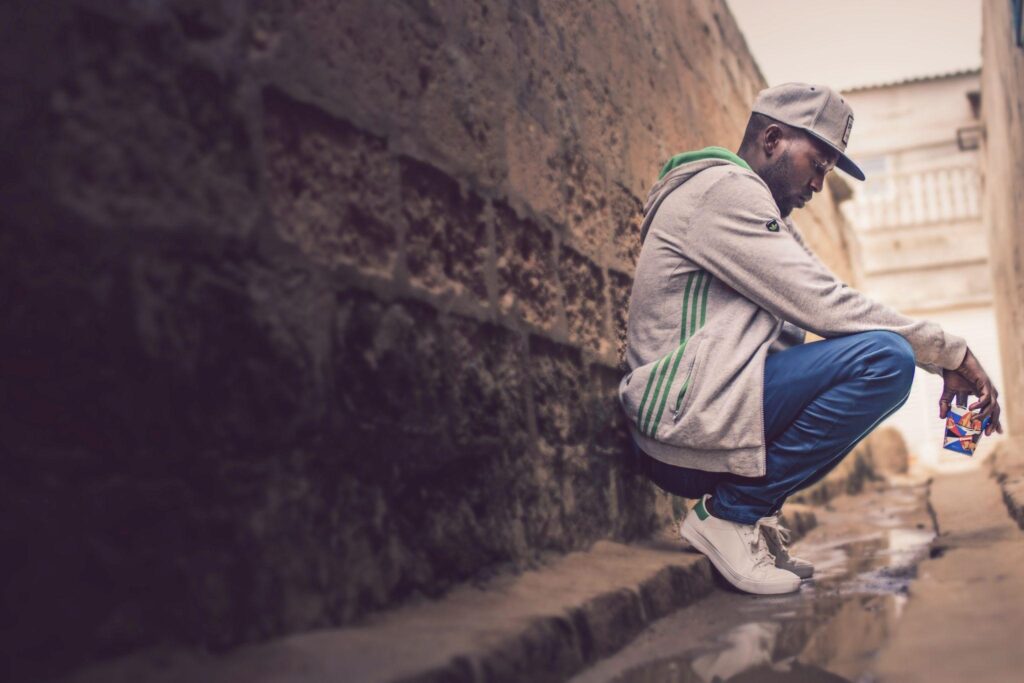What to Do after a Relapse

Completing addiction treatment and residential rehab is a huge achievement, and relapsing can make you feel that there is no hope of ever remaining free from addiction. But it is important to remember that relapse is often a part of the recovery process, and there are steps you can take to deal with it.
Although research shows that the risk of relapse is higher in the first year, you can also suffer from a relapse after many years of sobriety. Relapse can also replace one addiction with a different addiction or addictive behaviour to cope with challenges or triggers.
Don’t be afraid to reach out for help. You may feel ashamed or embarrassed to admit that you have relapsed, especially in the early stages of recovery, but reaching out for support is critical to recovery. You can do this in several ways, including:
- Contacting your therapist or rehab centre.
- Calling a mentor or trusted friend who champions your recovery.
- Calling a drug or alcohol helpline.
- Contacting your GP or local drug and alcohol service.
Call us now for help
What is Relapse?
Relapse can happen when you stop using healthy coping skills and begin to limit your input and commitment to your recovery plan. When a challenging situation triggers you, being aware of the three relapse stages can help to stop you from slipping back into using alcohol or drugs again.
The three stages of relapse are:
- Emotional relapse — You are not actively thinking about using a substance but neglect your physical and mental well-being. You no longer participate fully in aftercare meetings or skip meetings and may avoid friends and family. This is the time to contact your therapist, mentor or rehab centre for support. Getting back on track during this stage is very important.
- Mental relapse — You start thinking about using the substance again and try to convince yourself that you will be able to stay in control of your addiction this time. You will probably think about the people and places associated with your substance use and diminish your addiction’s diminishing effect on your life and the people you care about. Unless you address your thoughts and feelings, you will inevitably suffer from a full relapse.
- Physical relapse — This is also referred to as a full relapse when you return to using the substance once again. This may be in a small, measured amount or a full-on binge. You might start to think that you can manage your addiction and feel conflicted about admitting you have a problem and seeking help.
Contacting your addiction aftercare service, speaking with an addiction therapist, your mentor or an addiction support service immediately after a relapse is critical to get back on track with your recovery. If you know someone who has relapsed, try to stay with them while they call a therapist, mentor or helpline.
Remember, recovery from addiction is an ongoing active journey; if you or someone you know needs help or support, please contact us for free advice about addiction treatment and recovery.
Why choose Step by Step?
- Fully Residential
- Around-the-clock care
- Medical detox unit
- Extended family support
- After care support service
- Nutritional food cooked by our chefs
- Outstanding quality of care
- Highly experienced team
